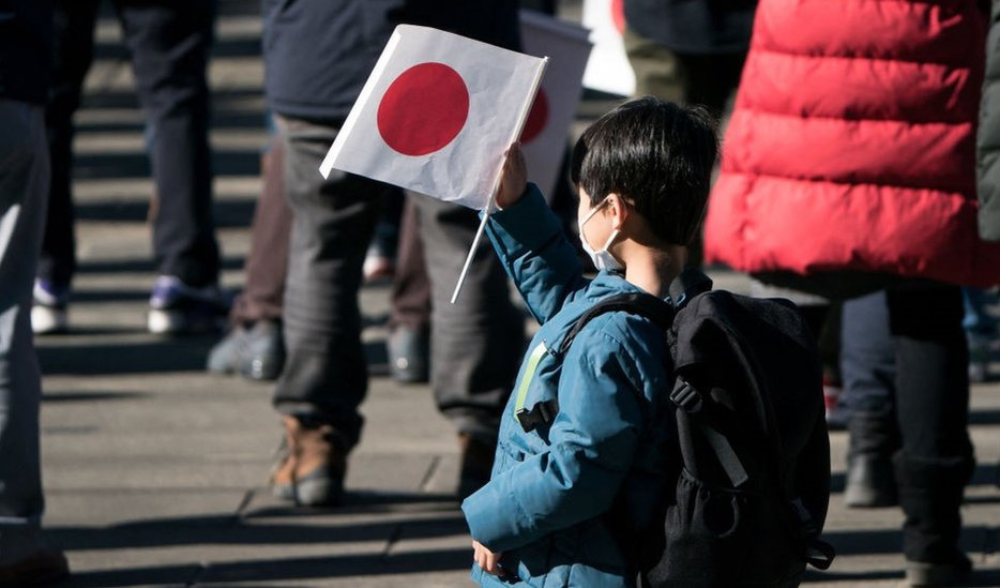HAMAD ALHADBH WRITES – “Japan is on the verge of whether we can continue to function as a society,” said Fumio Kishida, Japan’s Prime Minister, in a January address to Parliament. As Japan’s birthrate continues to plummet to historic lows, the nation’s new government has concerns about the country’s future economic and social stability. Currently, the country’s birth rate hovers at 1.3 children per woman – below the 2.1 children per woman rate necessary to maintain the country’s population rate.
After World War II, Japan’s manufacturing and technology industries rapidly grew, propelling the country to become the third-largest economy in the world. But this rapid economic growth coincided with a fall in birth rates beginning in the early 1970s. One reason for the continued drop is high living costs, making it challenging for young citizens to afford families. The island nation has extremely high rental prices, making it difficult for young people to purchase large houses to accommodate their needs.
Another reason for the drop is the country’s inadequate level of social support for new parents, which has discouraged many of the younger generation from having children due to work-life imbalance. Families simply cannot afford to pay the exorbitant costs of childcare and daycare. These high costs mean that, in many cases, young parents must choose between working to raise a child or using a significant portion of wages to pay for care. Faced with these unappealing choices, many young people, especially women, are less motivated to have children.
To counter this challenge, the Japanese government will need to invest heavily in subsidized childcare. Already, the government has been compelled to announce plans to increase funding by June for afterschool childcare and to increase the grant amounts that parents receive for each child they have. This will allow parents to take extensive leaves to look after their children. Strengthening such policies will likely inspire more young people to consider starting families.
Finally, the country’s culture has shifted, becoming more individualistic rather than exclusively family oriented. Previously, raising children was a community activity that involved members pooling resources due to the country’s collectivist culture. Urban migration in the past few decades has separated families by thousands of miles, making it virtually impossible to perpetuate this culture.
And so, the bleak predictions by the nation’s prime minister during his January address to Parliament concerning population decline seem imminent. Currently, over 28% of Japan’s population is over age 65, with 19 million citizens over 75. Long life expectancy indicates that there will soon be more retirees needing government support than workers. The country’s pension system risks collapsing if this is the case, due to worker shortages that will negatively impact productivity and worsen economic stagnation.
Japan’s persistently falling birth rates now threaten the nation’s economic and social foundations. The Japanese government needs to adopt creative strategies to solve this challenge. One possible course of action would be to encourage immigration. This strategy has succeeded in reversing population declines in other developed countries such as Germany. As Kishida says, Japanese society will collapse if quick action is not taken.

